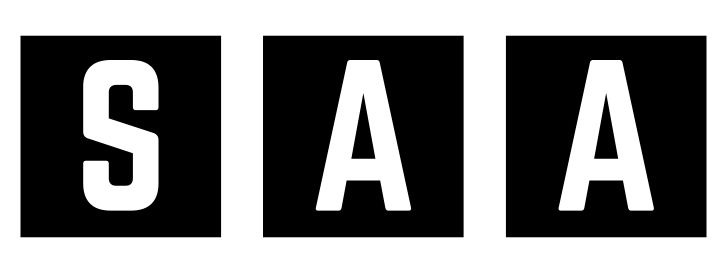Let’s face it—just sitting with a textbook doesn’t guarantee good grades. The secret to academic success lies not in how long you study, but how effectively you do it. Whether you’re in high school, college, or prepping for competitive exams, the right study techniques can dramatically improve your focus, retention, and performance.
In this guide, we’ll explore proven study techniques that can help you get more done in less time—and actually remember what you’ve learned.
🧠 1. Active Recall
Instead of re-reading notes, test yourself. Ask questions and try to recall the answers without looking. This method strengthens memory and helps move information to long-term storage.
Try tools like:
-
Anki – A flashcard app that uses spaced repetition
-
Quizlet – Great for creating and sharing study sets
⏳ 2. Pomodoro Technique
Study in short, focused intervals—usually 25 minutes of work followed by 5 minutes of rest. After four “Pomodoros”, take a longer break.
It helps beat procrastination and trains your brain to concentrate in short bursts. Use tools like:
-
Pomofocus – A customizable Pomodoro timer
✍️ 3. The Feynman Technique
Named after physicist Richard Feynman, this involves teaching a concept in simple terms, as if explaining it to a 5-year-old. If you can simplify it, you understand it.
📊 4. Mind Mapping
Visual learners benefit greatly from mind maps. These help organize information and draw connections between ideas.
Try:
📚 5. Spaced Repetition
Instead of cramming, space your revision over time. This improves long-term retention. Combine this with active recall for best results.
Apps that help:
-
Anki (also mentioned above)
🌙 Bonus Tip: Sleep is Non-Negotiable
A full night’s sleep helps solidify memories and boosts concentration. Pulling all-nighters might feel productive, but they harm your retention and performance.


















